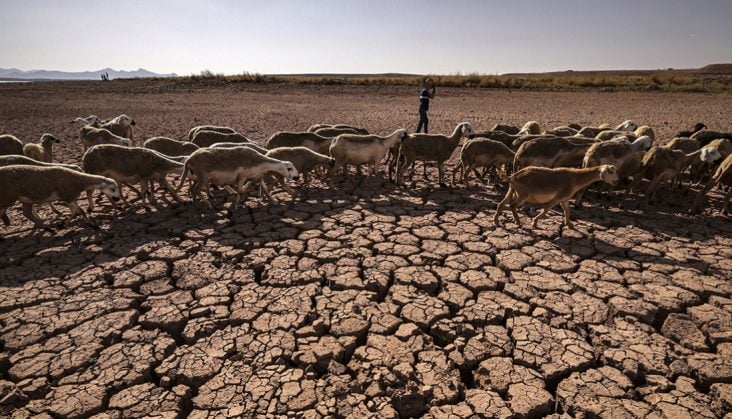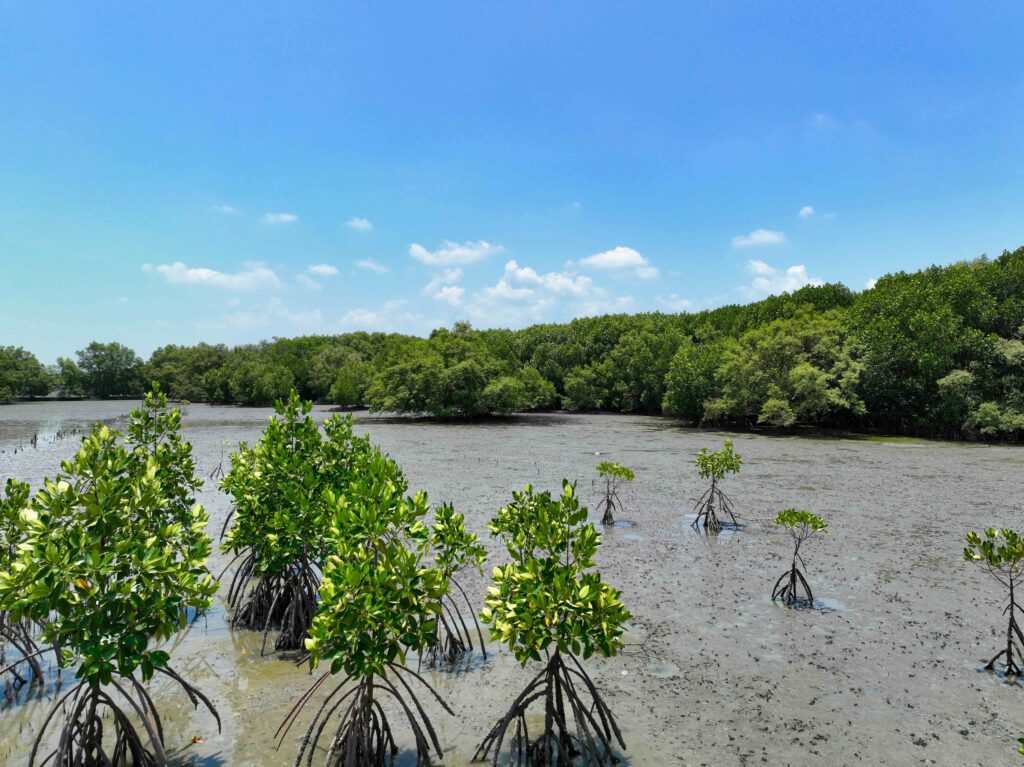African and global leaders are gathering in Nairobi for the Africa Climate Summit which opens on 4 September.
Convened by President William Ruto of Kenya in conjunction with the African Union, the summit will address the urgency of marshalling resources to respond to the climate crisis, amid signs that we are entering unchartered territory.
This summit will also be about challenging the idea that African nations are solely victims suffering the impact of climate change, despite bearing little responsibility for it. Instead, the summit will aim to show all the ways that Africa can transform its economy by playing a major role in accelerating global decarbonisation.
Developing countries need access to energy, not access to fossil fuels
Underlying this is the growing realisation that we need to update our “vision” of growth and development, with its outdated assumption that economic growth must always depend on industries and practices which harm the planet.
As Ugandan climate justice advocate Vanessa Nakate has observed, “developing countries need access to energy, not access to fossil fuels”.
The possibilities for Africa and the world in an alternative, climate-positive growth path are immense. Africa is home to some of the world’s most potent renewable resources: its untapped renewable energy potential is over 50 times the world’s anticipated electricity demand by 2040. Importantly, in many African countries, solar energy can provide year-round electricity – making it a viable energy source even for industrial applications.
Moreover, because Africa contains relatively little in the way of established, highly-emitting industrial infrastructure, almost all newly generated renewable energy can be deployed directly towards greening local, regional and global economies. For example, Kenya already derives over 90% of its grid energy from green sources – and has only just begun to scratch the surface.
There is also a growing ecosystem of African start-ups using technology for green industries and processes across the economy, from clean cooking fuel to carbon capture and storage solutions. But these require risk capital and hands-on help to scale, attract further investment, and reach their potential. This was the thinking behind the partnership between FSD Africa Investments and Africa Climate Ventures – a new investment vehicle which aims to build Africa’s first “climate unicorns”.
Green Investment
Africa boasts some of the world’s greatest biodiversity, with massive natural mature carbon sinks consisting of forests, peatlands, mangroves, and 60% of the world’s remaining unused arable land. To realise global net zero by 2050, we need to protect our planet’s natural carbon sinks, make our consumption greener, and remove carbon from the atmosphere at a massive rate. More than any other region, Africa can rapidly scale these activities, providing immediate, diverse, and lasting climate benefits.
Uniquely among global locations, scaling up many of these opportunities in Africa does not require complex trade-offs, or painful transformations. In fact, the process could provide much-needed jobs for the continent’s youth, as well as desperately needed energy access and sustainable economic growth.
Many of these opportunities will offer healthy financial returns, if there is fair and equitable access to financial markets. But realising this opportunity will demand unprecedented levels of investment. Indeed, by developing its renewable potential for on-continent use, Africa could generate reliable electricity access for all Africans – including the nearly 600 million currently without any energy access – by 2030 whilst reducing total emissions associated with energy production by 80% and with 30% lower costs. However, this will require 40% more upfront investment.
So the need for finance and investment will need to be front and centre of discussions at the Africa Climate Summit. That means ensuring reforms to the global financial architecture take account of the climate crisis and addressing the factors that are restricting the flow of green finance. It also means recognising that the perceived higher riskiness of investments into green assets in developing countries requires a big increase in the availability of concessional and smart capital as well as greater financial innovation to address systemic barriers.
Africa is ready to play its part and, as this summit will show, it offers many opportunities for green capital investment. The rest of the world can accelerate and amplify this by partnering with, and investing in, the continent as well as supporting market building initiatives to ensure it has the capacity to absorb the capital needed. If they do so, then Africa and her young, dynamic population can truly play their role as global climate leaders.
James Mwangi is CEO of Africa Climate Ventures and Anne-Marie Chidzero is CIO of FSD Africa Investments.
Read original article



